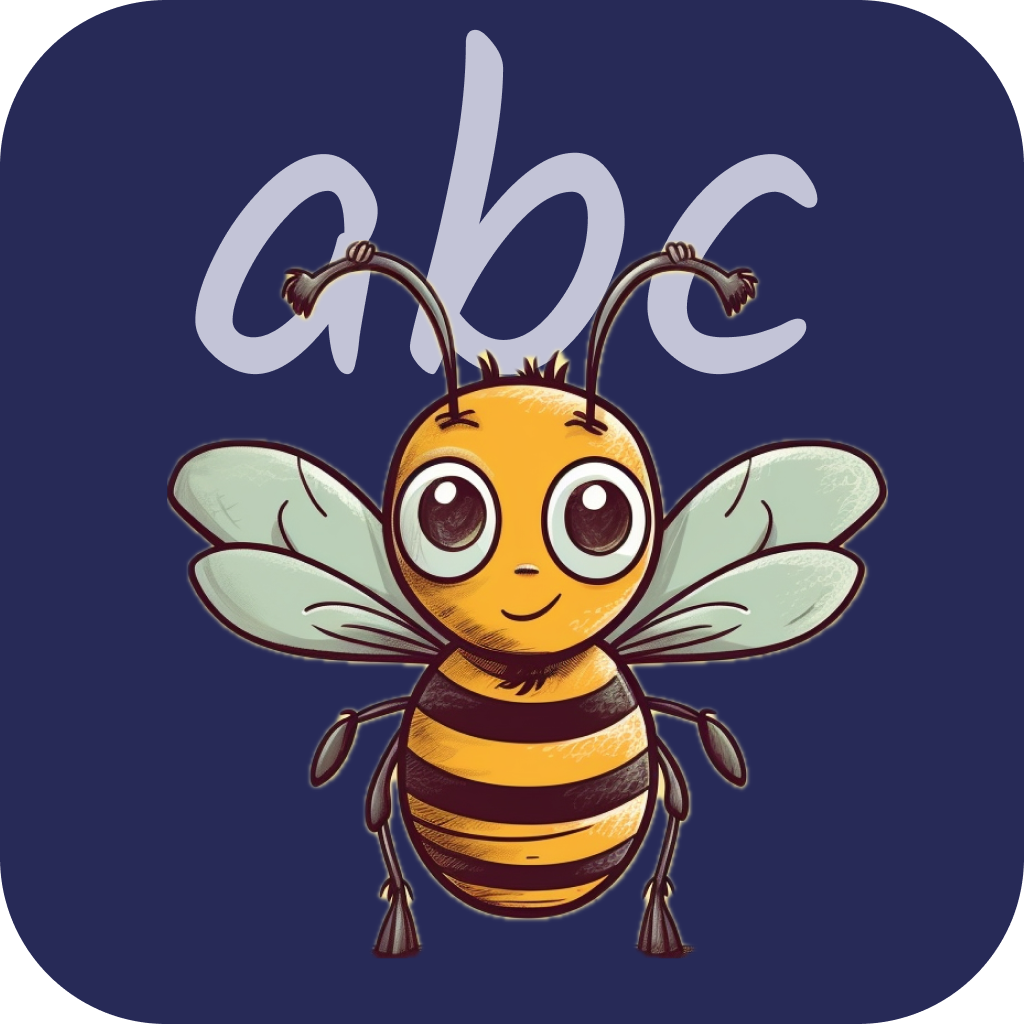Teaching children to read effectively is a foundational aspect of education, and the relationship between phonics instruction and spelling proficiency has been the subject of extensive research. Phonics, which involves teaching the relationships between sounds and their corresponding letters or letter patterns, has been shown to significantly enhance early reading and spelling skills.
Research Findings on Phonics and Spelling
A comprehensive analysis by the National Reading Panel in 2000 highlighted the efficacy of systematic phonics instruction. The panel found that such instruction not only improved children’s word reading and comprehension but also had a positive impact on their spelling abilities. This was particularly evident in young learners from kindergarten through 6th grade, as well as in children experiencing reading difficulties.
Further supporting this, a study by Roberts in 2006 compared explicit phonics instruction to a whole language approach. The findings revealed that the phonics group exhibited a 20% greater gain in both reading and spelling compared to the whole language group, underscoring the advantage of systematic phonics instruction over methods that do not emphasize phonetic decoding.
Long-Term Benefits of Phonics Instruction
The long-term advantages of phonics instruction have also been documented. Research indicates that early systematic phonics instruction can lead to sustained improvements in spelling and reading comprehension. For instance, a study examining the long-term effects of synthetic versus analytic phonics teaching found that children taught using synthetic phonics not only had better word reading skills but also demonstrated superior spelling and reading comprehension abilities.
Conclusion
The body of research consistently supports the integration of systematic phonics instruction in early reading curricula. Such instruction not only facilitates the development of reading skills but also significantly enhances spelling proficiency, providing young learners with a strong foundation for future academic success.
Sources
files.eric.ed.gov
apmreports.org
red.mnstate.edu
shanahanaonliteracy.com


Leave a Reply